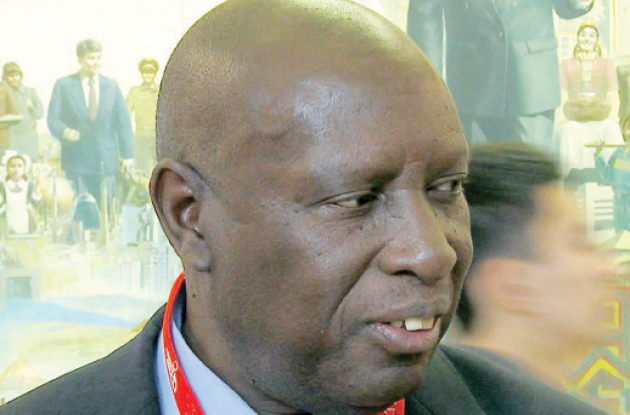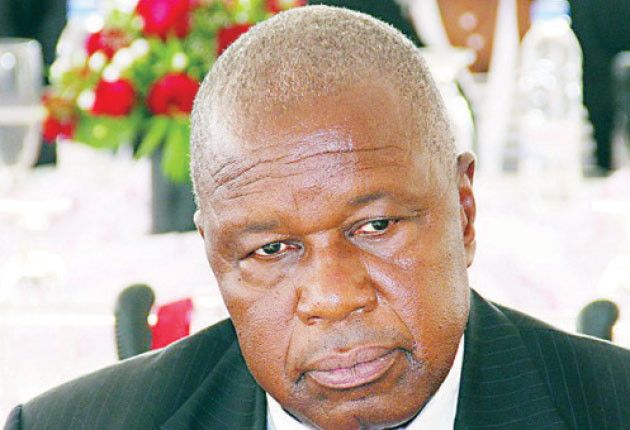Rural Electrification Fund gets 9 000-institution target

Thupeyo Muleya, Beitbridge Bureau
THE Rural Electrification Fund (REF) has been used to bring power to nearly 9 000 rural institutions, Energy and Power Development Minister, Dr Samuel Undenge has said.
The REF was established through an Act of Parliament of 2002 resulting in the rolling out of the rural electrification programme targeting rural institutions, farms, villages, borehole, dam points and irrigation schemes.
In a speech read on his behalf by his deputy, Cde Tsitsi Muzenda, during the launch of the $500 000 Swereki electrification project at Masera Secondary School in Beitbridge last week, Dr Undenge said the government recognises the importance of electricity as a vehicle for economic and social development.
“Over the years government has strived to create an enabling environment for the development of the grid network in both rural and urban areas. The project we are commissioning here today uses the Single Wire Earth Return (SWER) technology, a cost effective grid technology which the Rural Electrification Fund (REF) has recently adopted for use in rural areas across the country,” he said.
“The Swereki project has directly benefited four primary, two secondary schools, two clinics, four government offices and four business centres. However, the project will also benefit surrounding business centres, rural institutions and villages as they can now have access to the grid network.”
Dr Undenge said so far REF has electrified 8 864 rural institutions countrywide, using both grid and solar.
He said the provision of electricity in rural areas was in line with Zim-Asset as it would lead to empowerment of rural communities, poverty alleviation, capacity building and employment creation in communities.
The Minister said government, in collaboration with other Sadc countries, is exploring avenues to alleviate the severe power shortage in the region through the expansion of existing power stations, development of new power stations, sharing of excess energy among the Sadc member states and promotion of energy conservation.
Dr Undenge said there was a need to develop decentralised energy systems based on renewable energy sources, especially for rural areas.
He said the government is drafting a National Renewable Energy policy, which outlines some action plans for the development of renewable and clean energy solutions to lighting, space heating, cooking and bio fuels.
The Rural Electrification Fund’s board chairperson, Mr Willard Chiwewe, said they were working to provide electricity in more rural communities.
“REF has made significant efforts in providing electricity infrastructure to rural communities since its inception in 2002.
“We have electrified many rural centres, including schools, clinics, business centres and villages countrywide.
“Between January and May this year we completed grid projects leading to 106 institutions countrywide and an additional 197 rural institutions were in progress during the same period, ”he said.








Comments